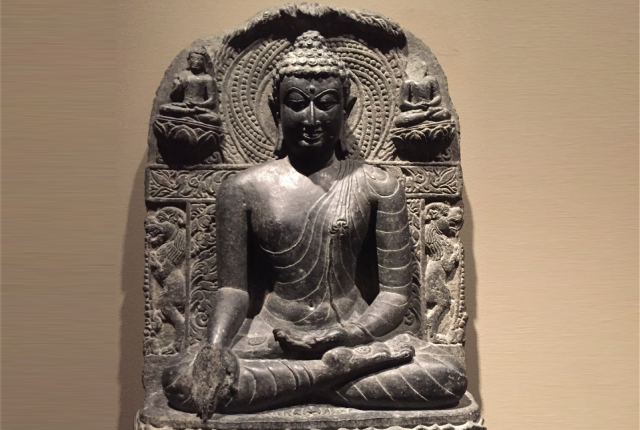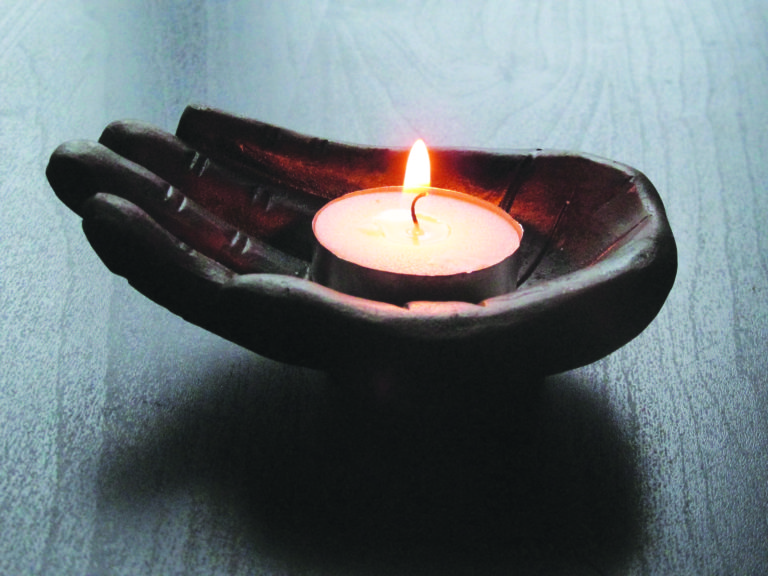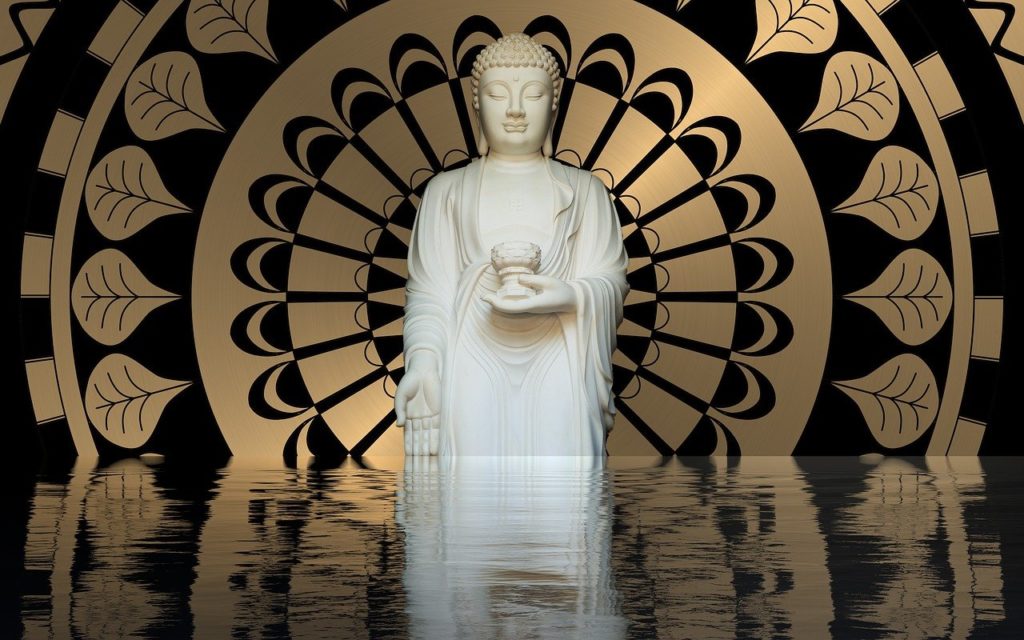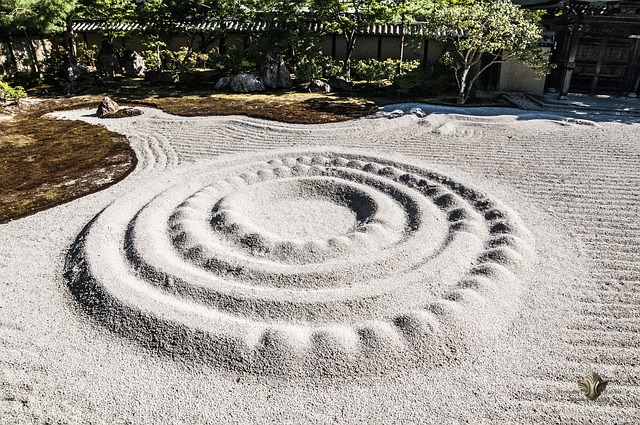Though sitting meditation was given to us from the ancient past it is a way for modern people to lead happy lives. Sitting meditation allows us to dispel the pressures of daily life that come from the mind’s confusion and a mistaken understanding of phenomena.
Practicing sitting meditation quiets the mind and stills our thoughts so that we can recover our intrinsic nature.
Sitting meditation makes us healthier.
The sutras say, “When the mind arises, all phenomena arise.” Modern medical science has proven that much of our sickness comes from our emotions, such as worry, greed, and anger. Meditation can give us a peaceful temperament, allows us to breathe calmly, and makes us feel refreshed. Sitting meditation also enhances circulation and boosts metabolism, thereby staving off the degeneration of bodily functions.
Sitting meditation enhances our morality.
In today’s society with its technological advances and material abundance, most people spend their days restlessly seeking after material pleasures, fame, position, and power, such that they cloud their minds with desire and lose sense of who they are. But, if these people can befriend sitting meditation they will become their own masters and will no longer be slaves to material things. They will be able to elevate their morality and transform their disposition.
Sitting meditation allows us to enjoy the bliss of meditative concentration.
The Buddha once said, “One who sits in meditation gains Dharma joy.” The Dharma joy mentioned by the Buddha is the bliss of meditative concentration. This bliss is created by a tranquil mind and cannot be compared to the happiness of the five desires. Those who diligently practice sitting meditation can obtain this bliss.
Sitting meditation develops our wisdom.
The Suramgama Sutra says, “Take focusing the mind as your precepts. Meditative concentration arises from the precepts; wisdom arises from meditative concentration.” Sitting meditation calms the body and spirit and purifies the mind. This not only makes us wiser, but it will win us everyone’s love and respect and make things easier to accomplish.
Sitting meditation is the path to cultivating merit and wisdom.
The practice of sitting meditation allows us to become Buddhas by seeing our intrinsic nature. Sitting meditation eliminates affliction and deluded thoughts, allowing us to be quiet both within and without. When the mind reaches nirvana, it expands into enlightenment. This is why a meditation hall is also called the Buddha’s court. As long as we put in the effort, we will be able to see our nature and become Buddhas.
The final goal of sitting meditation is to free the body and mind.
We must free ourselves from all forms of delusion and all discriminating thoughts, such that even the world of the Buddha and enlightenment is washed away without a trace. Amid the silence of ancient temples, Chan masters sat in meditation, burning stick after stick of incense. They dedicated their lives to the practice of sitting meditation, with their goal being to put an end to this world of delusion. They hoped that by constantly meditating they could purify their original mind and merge into time and space, reaching a liberated state of total freedom beyond enlightenment or delusion.
From For All Living Beings, written by Venerable Master Hsing Yun.
Image from Pixabay.













